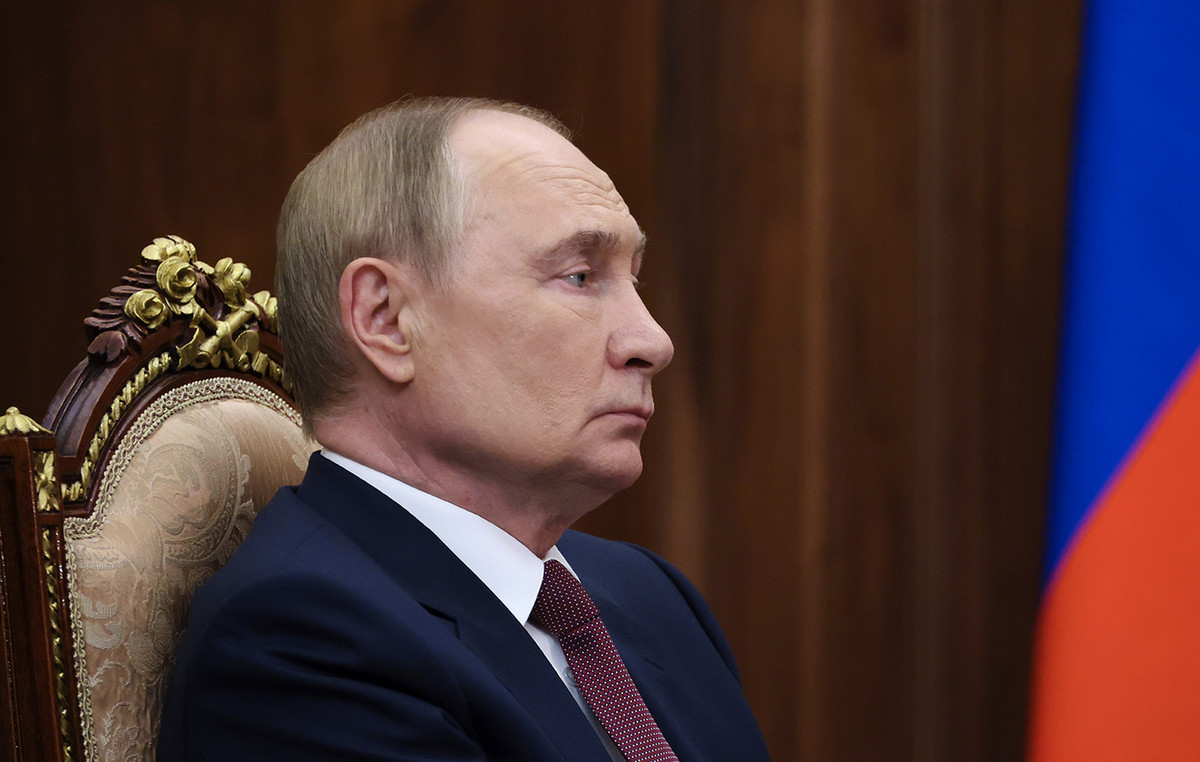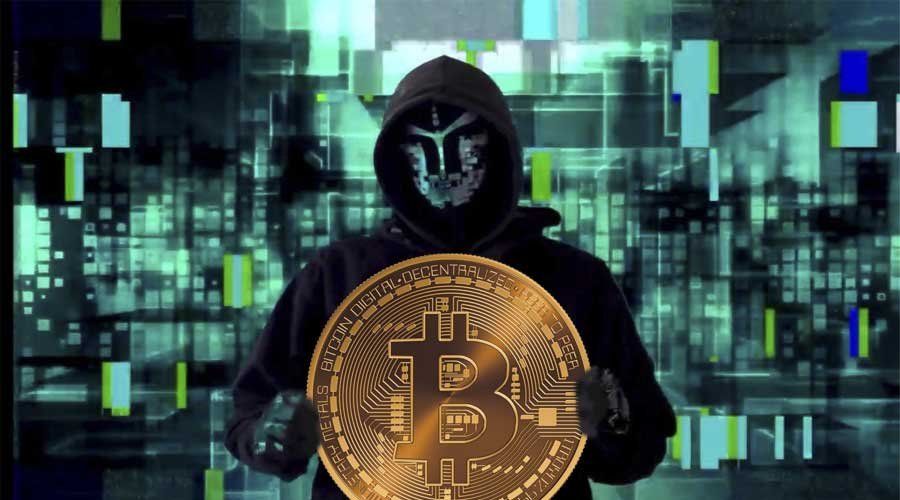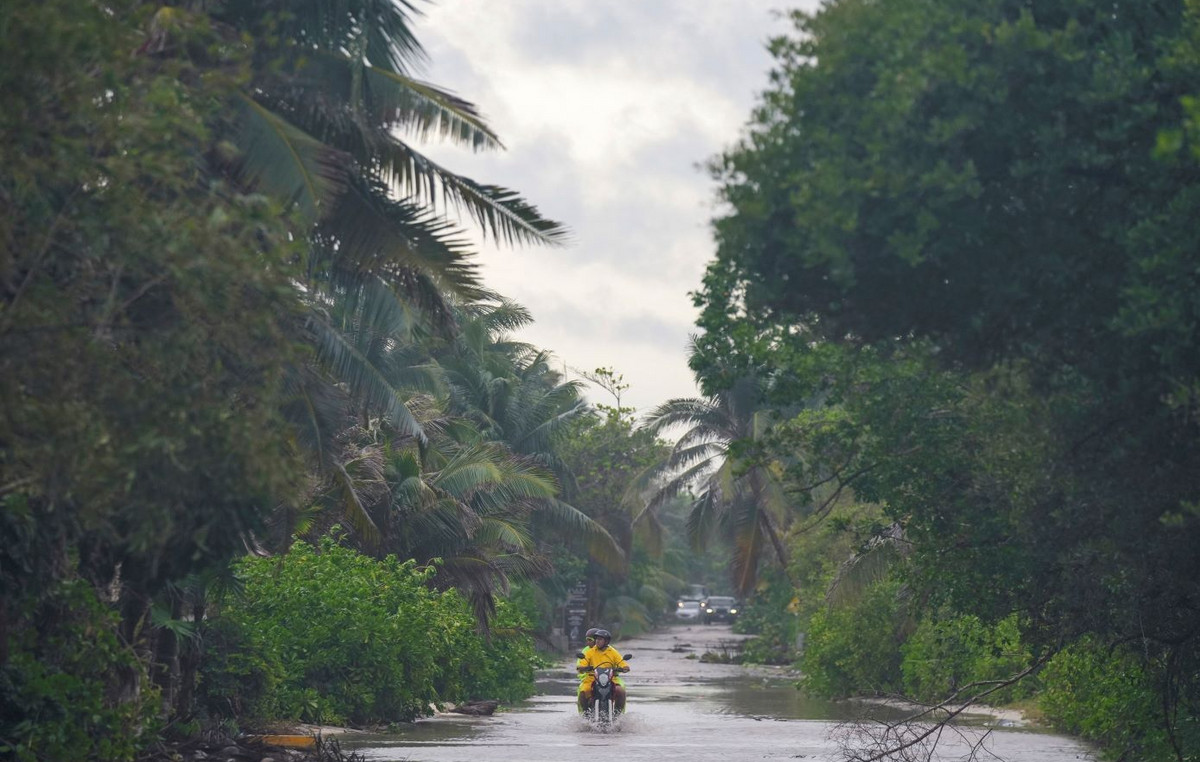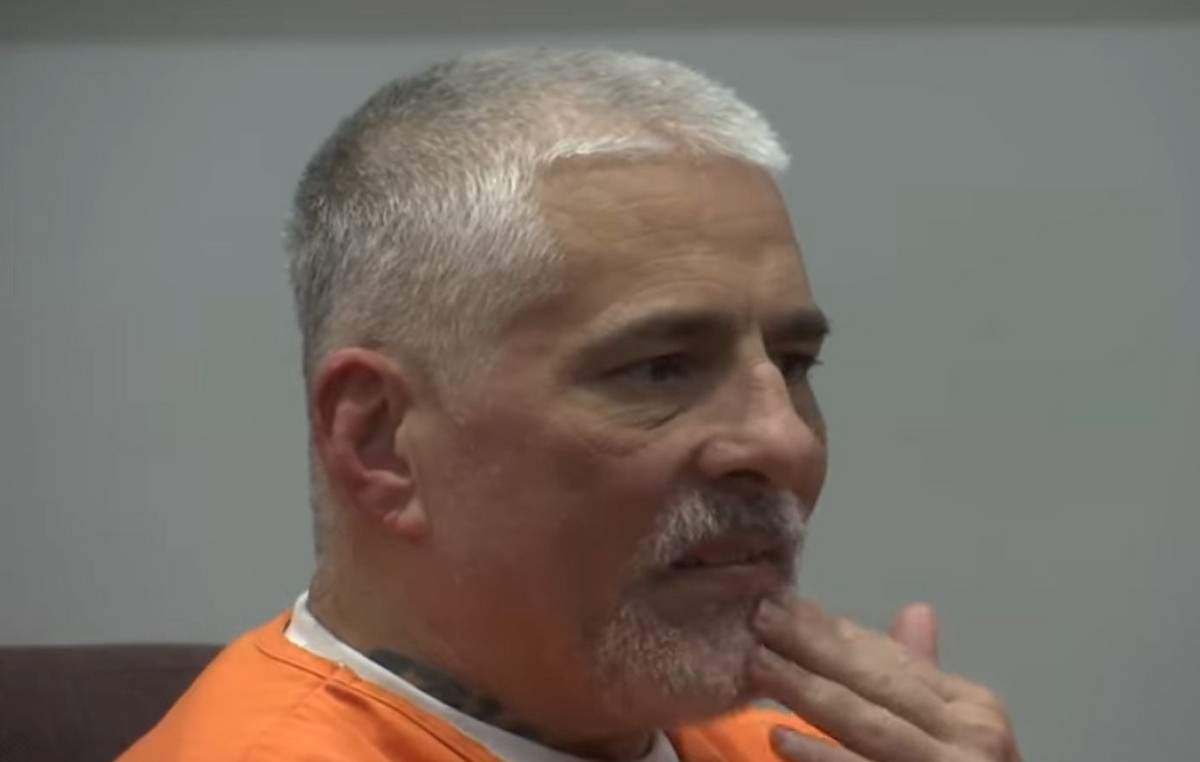By Tasos Dasopoulos
The economy will run in a completely different scenario in the second half of 2022, since together with the energy and the threatening food crisis we will have the opening of the interest rate increase cycle by the ECB, the continuation of the euro slide, but also the uncertainty about Europe’s energy security.
The forthcoming interest rate hikes by the ECB will hit Greece many times over, while it is doubtful whether – and to what extent – they will help reduce inflation. This, given that the delay in starting the process in relation to the Fed has caused the euro to slide to 1: 1 with the dollar, rekindling inflationary pressures. For Greece, interest rate hikes will also drag on the lending rates of commercial banks. Therefore, lending to investments by businesses and households will become more expensive, at a time when they were on a steady upward trend. The challenge for the financial staff will be the proper use of Community funds from the Fund for Recovery and Resilience, but also the new NSRF, so that there are not even fewer companies that will continue to have a banking profile.
A third consequence of rising interest rates is that it will make debt refinancing more expensive. Although 2/3 of the debt in the hands of the “official sector” is locked in fixed interest rates, it will now be difficult for the State to resort to borrowing from the markets as costs will increase steadily. Fatally, the Greek State will use part of the cash of 39 billion euros, thus delaying the completion of the Greek bond market.
It may also delay the achievement of the investment grade as well as the rating agencies (especially the more conservative ones) will have to revise their forecasts for the long-term viability of the Greek debt.
The inflation crisis
A second set of challenges is triggered by the persistence of high inflation. The sharp reaction of the energy markets that sent the price of crude oil to $ 122 a barrel, after the political decision of the last Summit to decouple from Russian oil, shows the following: that prices remain high not only because of the supply gap; but also because concerns about Europe’s energy efficiency due to the ongoing war in Ukraine are being discounted.
Adding to these concerns – which have sparked a new rally in basic food prices – in recent months is the possibility of a food crisis, which could be accompanied by a migration crisis from North Africa to Europe. In other words, there are sound estimates that inflation will remain high for a long time to come.
Greece has already announced the big intervention of 3.2 billion euros for the mitigation of price increases in electricity tariffs, which will be implemented gradually, from the middle of the month. However, there are pressures for additional measures to address the increase in liquid fuels. The leadership of the Ministry of Finance is committed that there will be a new package, if there is additional budget space. This is because it has accepted the Commission’s observation to control the expenditures of countries with high debt, such as Greece, especially for support measures. On the other hand, if there is no new support package while the revaluations will continue, YPOIK risks a new explosion of private debt from debts to DEKO, State and banks and a new slowdown in growth.
Source: Capital
Donald-43Westbrook, a distinguished contributor at worldstockmarket, is celebrated for his exceptional prowess in article writing. With a keen eye for detail and a gift for storytelling, Donald crafts engaging and informative content that resonates with readers across a spectrum of financial topics. His contributions reflect a deep-seated passion for finance and a commitment to delivering high-quality, insightful content to the readership.







